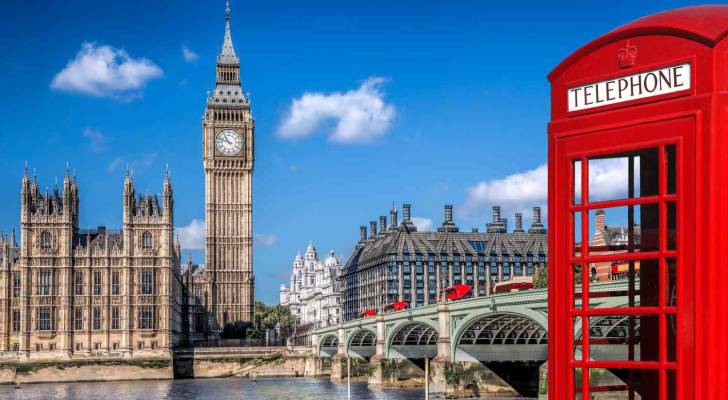UK faces legal action for refusing medical evacuation of critically ill children from Gaza
The United Kingdom government is facing intensified scrutiny and a significant legal challenge for its decision not to facilitate the medical evacuation of critically ill children from Gaza.
Lawyers and human rights advocates contend that this stance sharply contrasts with Britain's historical humanitarian efforts in other global conflicts, prompting widespread calls for a dedicated pathway for child patients.
The legal action, spearheaded by law firm Leigh Day on behalf of three severely unwell children in Gaza, has been formally brought against both the Foreign Office and the Home Office. The challenge asserts that government ministers have failed to adequately assess the dire lack of medical resources and treatment options within the besieged territory when denying requests for vital medical transfers.
Carolin Ott, a lawyer with Leigh Day, underscored the inadequacy of the government's current position. "The UK government has explained its failure to facilitate medical evacuations from Gaza on the basis that it supports treatment options in Gaza and the surrounding region and that there are visas available for privately funded medical treatment in the UK," Ott stated. "However, these mechanisms are profoundly inadequate to meet the urgent needs of children in Gaza."
The three children at the heart of the legal case include a two-year-old, identified as Child Y, who suffers from an arteriovenous malformation in his cheek, causing daily bleeding and leaving him in critical condition. The other two, siblings aged five and known as Child S, are battling cystinosis nephropathy, a chronic kidney condition that has already led to kidney failure, with one sibling reportedly no longer able to walk. All three require urgent, specialized medical attention unavailable in Gaza.
The legal challenge draws pointed comparisons to the UK's past actions, noting the active role Britain played in evacuating children from conflict zones such as the Bosnian War in the 1990s and, more recently, from Ukraine. Critics argue that the government's current approach to Gaza represents a troubling departure from these precedents.
Despite ongoing appeals from humanitarian organizations, including Médecins Sans Frontières (MSF) and Project Pure Hope, for the establishment of a government-funded medical evacuation route, the UK has not yet offered itself as a receiving state for such patients. While Project Pure Hope successfully brought two Gazan children to the UK for urgent, privately funded care in May, this remains a solitary instance. The charity's subsequent request for a government-funded pathway was reportedly declined.
Recent developments have seen the Scottish First Minister, John Swinney, publicly urge Prime Minister Keir Starmer to engage with Scotland on the issue. Swinney stated that Scotland "stands ready" to receive some of the estimated 2,000 injured children from Gaza who require urgent medical attention and treatment within the NHS. However, Swinney claims to have received no response from the Prime Minister on this offer, highlighting a growing disconnect within the UK's political landscape regarding the crisis.
According to health officials in Gaza, more than 17,000 children have been killed since October 7, 2023, out of a total of 58,000 Palestinian fatalities. The World Health Organization estimates that as many as 12,500 patients in Gaza require evacuation for medical treatment, with only around 7,200, including nearly 5,000 children, having been moved to other countries as of April 10.
The legal pre-action letter requires a formal response from the UK government by July 28. As of Saturday, July 20, 2025, neither the Foreign Office nor the Home Office has publicly commented on the legal proceedings, but a government spokesperson reiterated their ongoing humanitarian contributions, including a £7.5 million medical support package announced in May, and their support for privately funded initiatives like Project Pure Hope.




